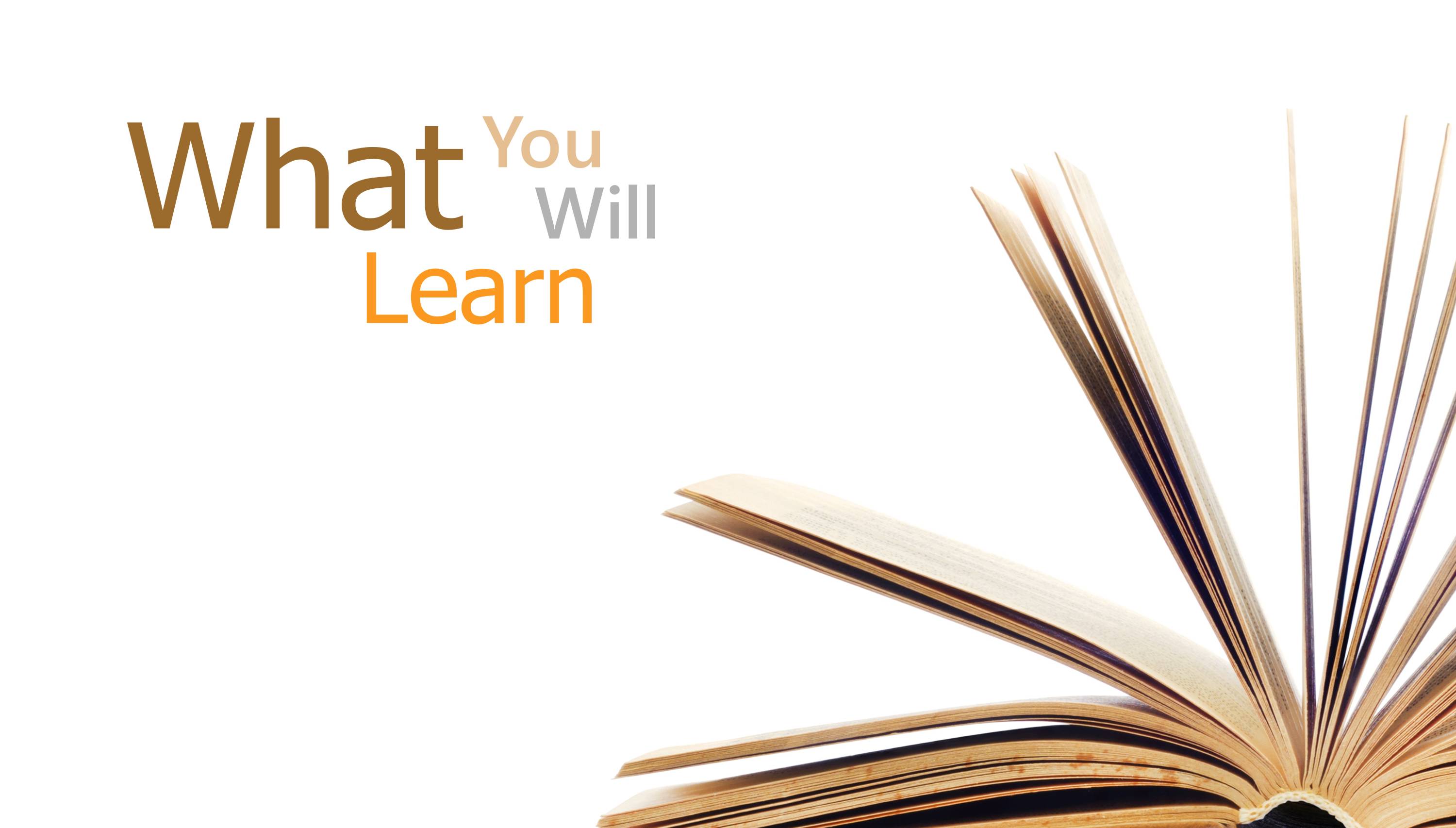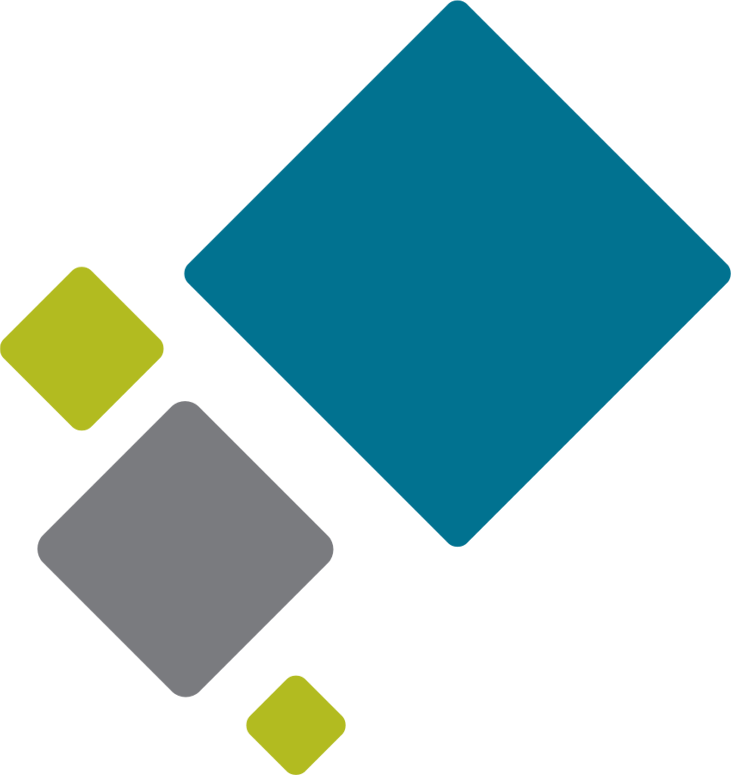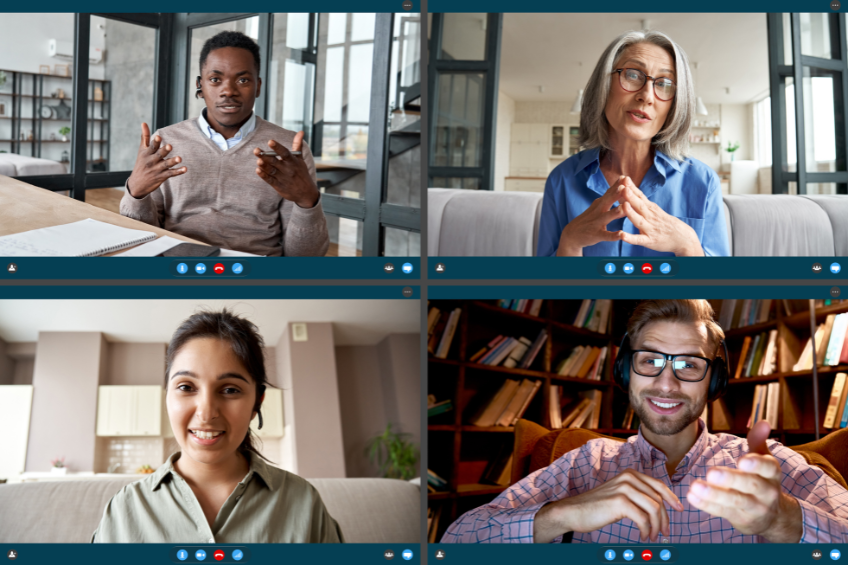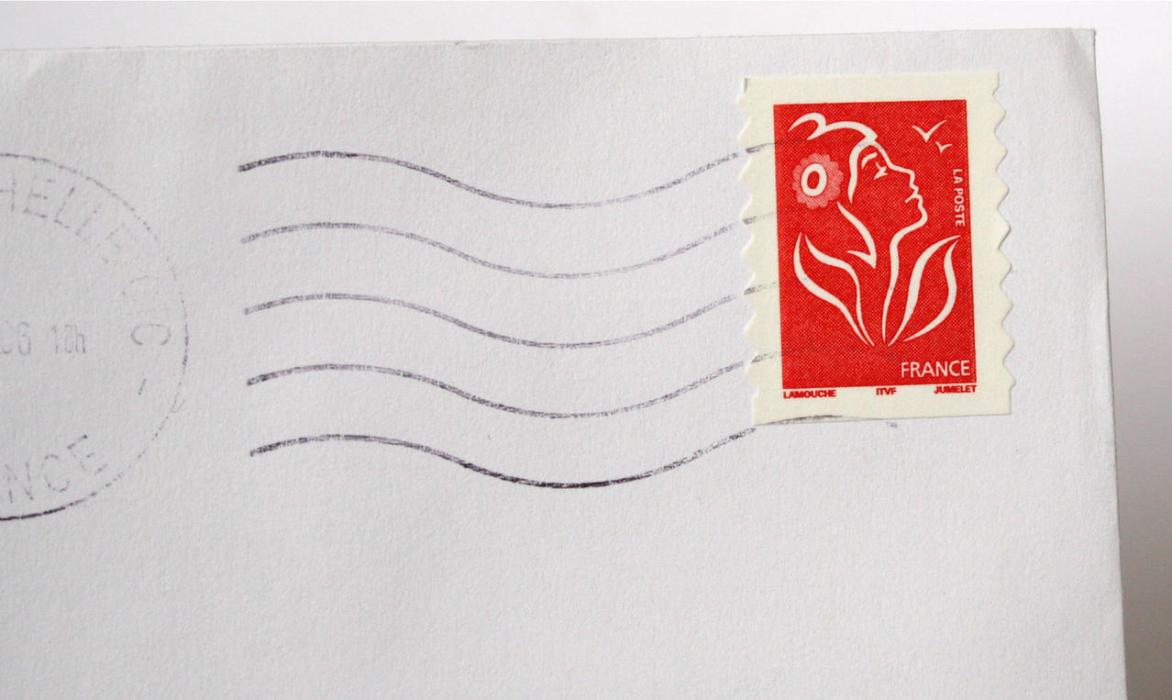
Tackling Those Technical Documents
Writing technical content can be challenging. You may find yourself rewriting the same section multiple times, trying to balance accuracy and clarity. Complex topics often make it harder to explain things simply, and even small sections can take a lot of effort to get right. It’s not just about getting the facts down, it’s also about structuring the information so it’s easy to follow, choosing the right level of detail, and ensuring it works for readers who may not share your technical background. If you’ve struggled to make technical documents easier to follow, you’re not alone.
For organizations, unclear technical writing can lead to mistakes, delays, and frustration. A confusing manual can slow down employees, while a hard-to-follow report might hide key findings. When technical documents aren’t clear, productivity drops and errors increase. Strong writing improves communication and helps readers understand and apply complex information. Writers need clear strategies and a structured approach to make this possible.
This workshop will give you practical tools to turn complex information into clear, useful documents. You’ll learn how to plan your content, structure information logically, and write in a way that invites readers in. With real-world examples, individual coaching, and hands-on practice, you’ll improve your ability to write technical documents that are easier to use and understand.
At the end of the workshop, you’ll be equipped with practical strategies you can use immediately. You’ll feel more confident writing technical documents that inform, guide, and support your readers.

- Set clear objectives for technical documents and understand why effective writing matters.
- Identify six key traits to make technical documents clear and useful.
- Follow a step-by-step writing process to plan, organize, draft, and edit effectively.
- Write clear sentences and paragraphs that use specific language and consistent structure.
- Make information accessible to all readers by using plain language and inclusive design.
- Organize and format content so it’s easy to read, navigate, and understand.
- Avoid common writing habits that make content harder to follow.

This workshop is for professionals who want their technical content to be more accessible and easy to follow. Whether you're developing manuals, reports, or instructional materials, this session will help you turn complex information into documents that inform and support your readers.
You should attend if you
- Struggle to explain technical processes or information in a way others can easily understand
- Spend too much time editing or reworking content that still feels dense or confusing
- Want a practical approach to planning, organizing, and formatting technical content
- Are responsible for writing documents that support compliance, training, service delivery, or decision-making
- Need to ensure that your content is clear to both technical and non-technical audiences.
- Work in roles such as policy, engineering, administration, IT, training, or research where technical communication is key
You’ll leave the session with tools you can use immediately, along with the confidence to produce technical documents that are helpful to your readers and aligned with your expertise.

This workshop gives you the tools to improve technical documents by focusing on structure, clarity, and usability. You’ll work through real examples, rewrite content for better comprehension, and participate in guided exercises that help you present complex information in accessible ways. Structured discussions and peer feedback offer practical insights you can take back to your workplace.
You’ll also take away a practical workbook with tools, examples, and checklists to use back on the job.
Workshop activities include
- Reviewing and rewriting technical content for clarity
- Practising layout and formatting for ease of use
- Adapting tone and language for non-technical readers
- Structuring documents using headings, lists, and visuals
- Participating in peer feedback and group discussion
- Creating a personal action plan to improve technical writing





